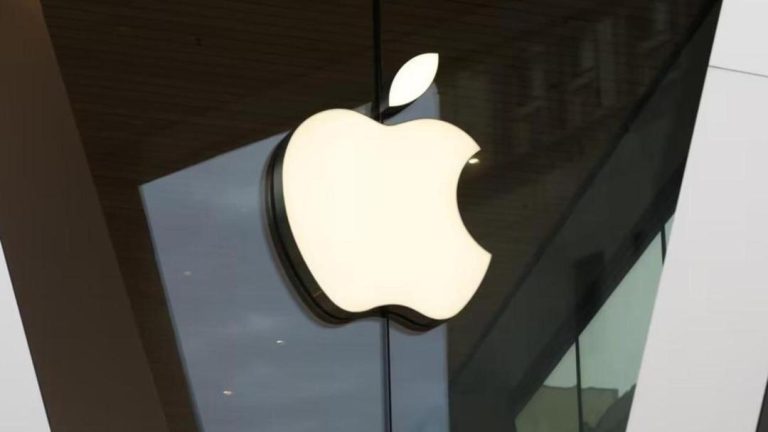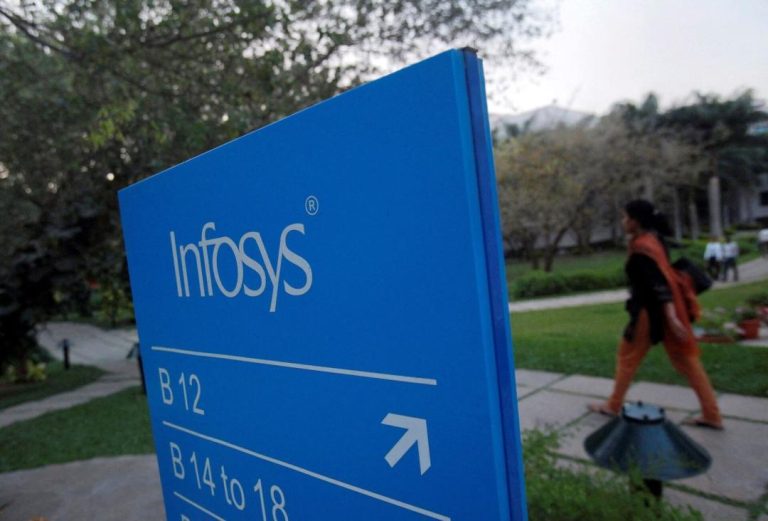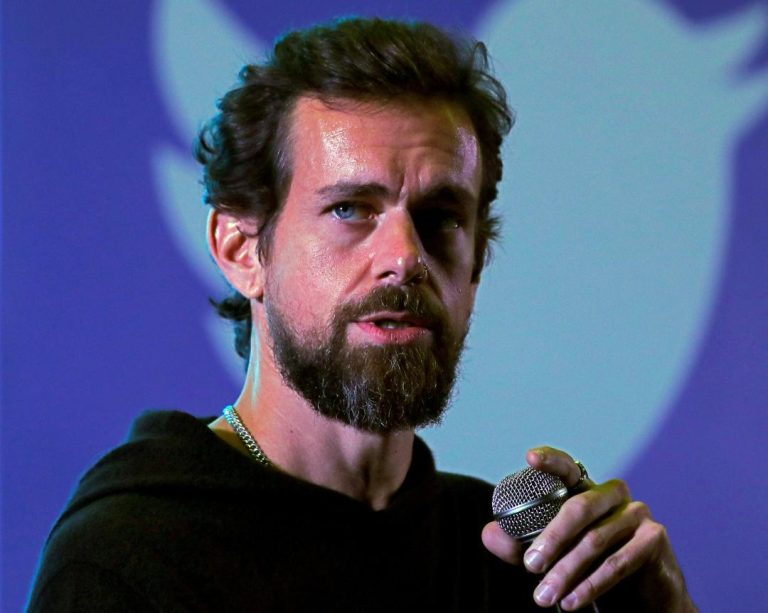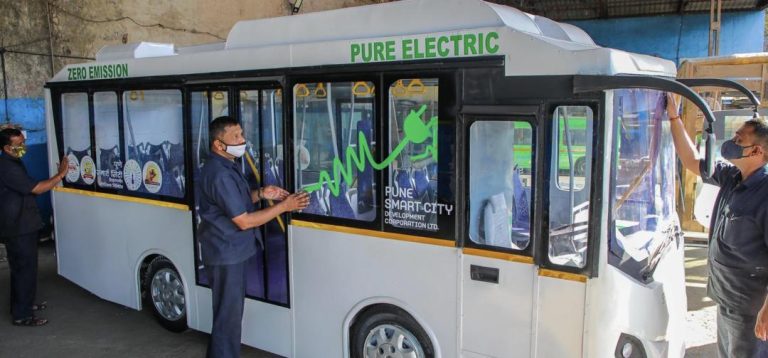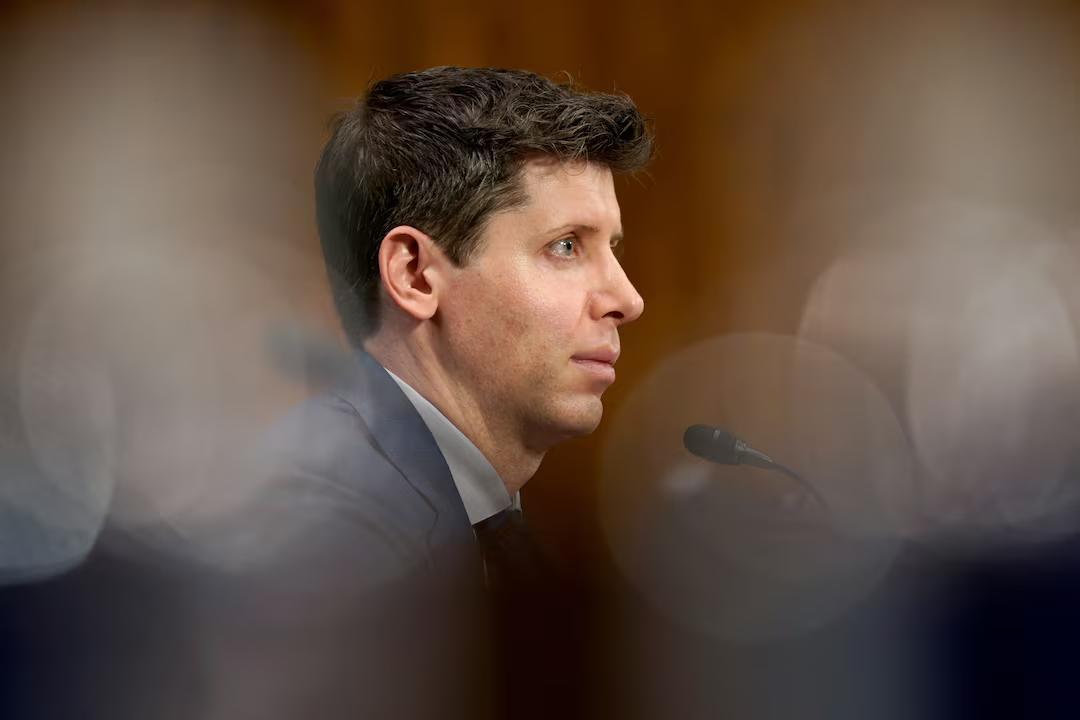
OpenAI Poaches AI Talent from Meta & Others After Meta’s Poaching: Report
The field of artificial intelligence (AI) is known for its cutthroat competition, where companies are constantly vying for the best talent to stay ahead of the curve. Recently, OpenAI, the maker of the popular AI chatbot ChatGPT, has made a bold move to poach top AI talent from Meta and other rivals. This comes as Meta continues to poach AI talent from across the tech industry.
According to a report by WIRED, OpenAI has hired four high-profile engineers from Meta, xAI, and Tesla to join its scaling team. The four engineers are David Lau, ex-Tesla VP of software engineering; Uday Ruddarraju, ex-xAI infrastructure engineering head; Mike Dalton, xAI engineer; and Angela Fan, Meta AI researcher.
This move is seen as a significant blow to Meta, which has been actively poaching AI talent from other companies. Meta has been investing heavily in AI research and development, and its poaching efforts have been focused on attracting top talent to its AI team. However, OpenAI’s decision to poach talent from Meta and other rivals has turned the tables, forcing Meta to re-evaluate its own recruitment strategy.
OpenAI’s decision to poach talent from Meta is not surprising, given the company’s success with ChatGPT, which has revolutionized the way people interact with AI. ChatGPT has been widely praised for its ability to understand and respond to natural language input, and its implications for industries such as customer service, healthcare, and education are vast.
The four engineers hired by OpenAI bring with them a wealth of experience and expertise in AI research and development. David Lau, ex-Tesla VP of software engineering, has a strong background in AI and machine learning. Uday Ruddarraju, ex-xAI infrastructure engineering head, has experience in building and scaling AI infrastructure. Mike Dalton, xAI engineer, has expertise in AI engineering, while Angela Fan, Meta AI researcher, has a background in AI research.
OpenAI’s decision to poach talent from Meta and other rivals is seen as a strategic move to stay ahead of the competition. The company is focused on scaling its AI technology to make it more accessible and usable for a wider range of applications. By hiring top talent from rival companies, OpenAI is able to tap into their expertise and experience, and accelerate its own research and development efforts.
This move is also seen as a response to Meta’s own poaching efforts. Meta has been actively recruiting top AI talent from other companies, and its efforts have been focused on attracting experienced engineers and researchers to its AI team. However, OpenAI’s decision to poach talent from Meta and other rivals has turned the tables, forcing Meta to re-evaluate its own recruitment strategy.
The poaching war between OpenAI and Meta is not new. In recent years, both companies have been vying for the best AI talent to stay ahead of the competition. However, OpenAI’s decision to poach talent from Meta and other rivals has taken the competition to a new level.
The implications of this poaching war are far-reaching. The AI industry is highly competitive, and the ability to attract and retain top talent is critical to success. As the competition for AI talent continues to intensify, companies will need to find new ways to attract and retain the best engineers and researchers.
In conclusion, OpenAI’s decision to poach top AI talent from Meta and other rivals is a significant move that highlights the intense competition in the AI industry. The company’s ability to attract and retain top talent will be critical to its success in the years to come.
